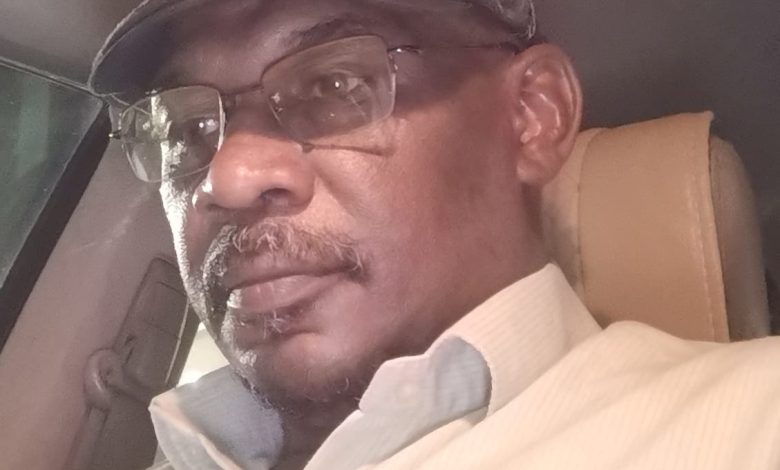Abdul Latif Mujtaba writes… On the issue of the broadcaster, tribalism, and the inflammatory circumstance

When you are a media person, you are alone, your true tribe, your credible homeland, your carpet of glory, and your professional scepters that only know the standards set for carrying out work according to the policies, plans, and programs that must be implemented.
So what about people who introduce the private into the public? What happened to the broadcaster, whom I consider to be still in the training phase and not yet sufficiently prepared to be a media professional with the ability to face the difficulties of work that is very similar to the military, which is characterized by self-denial, guerrillas, risk-taking, and taking difficult and difficult roads in order to provide the correct information and access to the facts and convey them from their source with complete impartiality and objectivity to public opinion.
Broadcaster Zainab could not bear to direct the general manager of an ancient institution with its own established traditions and customs, and she did not consider it an honor for her, because the general director has someone under him who can deliver the administrative message, perhaps in a more violent manner, because administrative work does not know courtesies and tribes.
In my media career, I have encountered figures and signs that cannot be overlooked. When talking about their career in television work, you will find that they faced the difficulties they faced, just like any media person from any place and from any tribe in this sprawling, multi-tribe and diverse Sudan, and we all faced what we faced, but we did not take refuge in anyone other than our performance and we strived to improve our craft, and no one or regime was able to stop the march of those who became stars and influencers in the world after an arduous journey of patience and hardship.
For normal people recovering from diseases of ego and tribalism, these incidental events represent turning points in the career path of those who received violence, suspension from work, or deduction from their salary, because they left an unforgettable psychological impact and may even constitute a positive change in their professional path.
I will not talk about Al-Buzai, his professionalism, his long experience, and the consolidation of the concepts of peaceful coexistence in the country. However, there is a misjudgment associated with this event. The state of tension and anxiety that the country is experiencing should have been included in the decisions of officials. Sometimes ignoring it can be wise, as can taking other administrative means to convey the concepts required to be conveyed through colleagues who understand and are more trained to communicate the officials’ observations.
This event raises many questions, the most important of which is: To what extent did workers at this stage receive training courses in professional ethics and culture?
Have Sudan TV regulations been circulated and do its employees currently have sufficient information regarding identity and standards for media work on national television?
What policies and procedures are in place at this complex stage?
Finally, how was the work team elected, including editors, broadcasters, and even administrators?
In general, the incident of transferring administrative battles outside the field of work is also considered a dangerous precedent in the history of the civil service in Sudan, especially in the field of television.
What is also strange about the matter is how a tribal leader like Commander Shaybah Dirar, a man known for his positive stances towards unity and work under the umbrella of the great homeland, could stoop to the level of administrative work in a national apparatus hosted in the state, knowing full well the extent of the danger of provoking such stinking strife at this critical time.
Everyone must return to their senses, and television must play its national role in activating peace and peaceful coexistence programs along with the message of the media war against the militia, in which the media plays an important role. It is the duty of the general director, the director of the national channel, and the officials to review their policies at this complex stage in the history of the country and they rise above petty things and care about what is better and more sublime instead of skirmishing with workers over less important matters.



